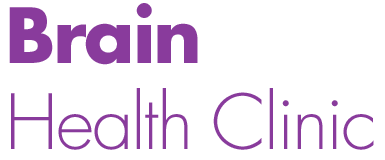Originally, neurofeedback was used to promote relaxation by increasing alpha brainwaves. Today, with advancements in computers, software, and scientific research, neurofeedback is effective in improving a variety of conditions.
The brain governs our physical, mental, emotional, intellectual, and spiritual functioning. The brain runs our voluntary and involuntary processes. This means that everything from thoughts about what to do next, to your heartbeat and breathing, are regulated by your own “on-board computer.”
Many people can benefit from increasing brain regulation via neurofeedback: housewives, people who want to keep their edge, students, executives, retired people who want to “stay sharp,” and people in transition. They report an improvement in focus, clarity, quieter self-talk, attention, memory, lower anxiety, better sleep, and more creativity. The effects of stress are less. One person used a baseball analogy: “The balls are coming as fast as ever, but it seems like I have more time to hit them.”
Neurofeedback training guides the brain to more efficient regulation. This leads to a “quieter brain.” Many people say, “I have less noise.” By focusing on the electrical activity, the body’s chemistry follows to a better place some would call “homeostasis.”
